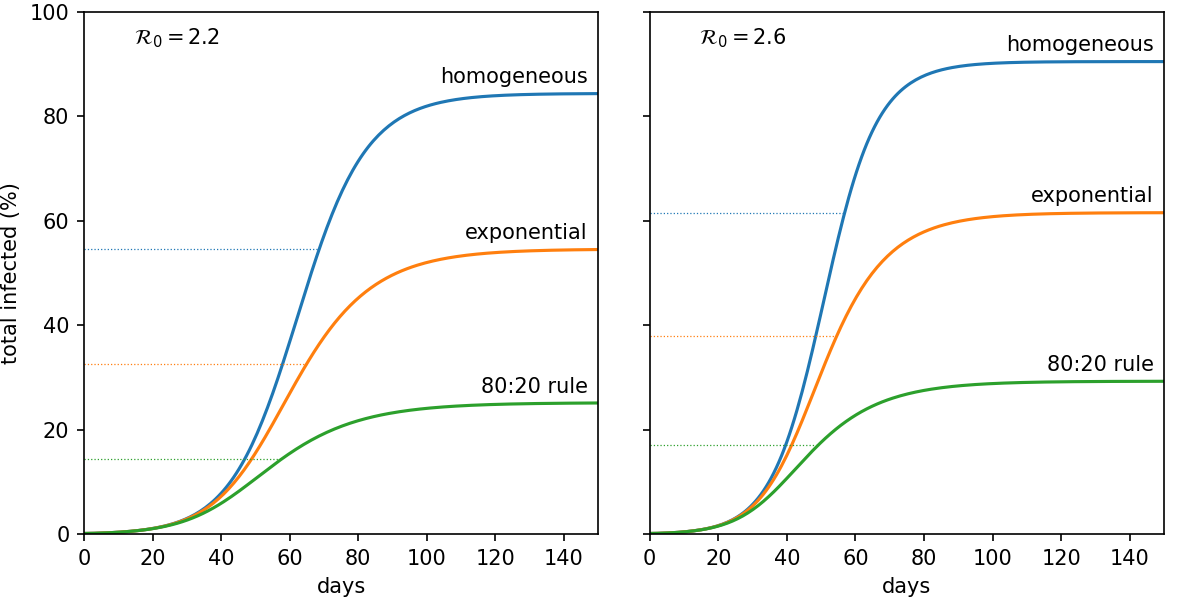
Unfortunately @GovKemp thinks we are not sharp enough to understand how America actually works. Instead, he would like us to believe that there is some imaginary version of America in which a singular level of personal choice rules all. That's malarkey.
🧵
🧵
https://twitter.com/Grant_Blank_/status/1432425247492431875
In fact, in America (you know, the real America, with actual laws and rules, and people from many different walks of life who care about their neighbors and communities), children and young adults have to get vaccinated to go to school.
And in Georgia (you know, the real Georgia, even despite efforts to undermine science-driven efforts to minimize impacts of a public health emergency), then no, it's not your personal choice whether to get certain vaccines to go to college.
Instead, here in Georgia, some form of a vaccination passport already exists. But we don't call it that. We just call it an immunization requirement for measles, mumps, rubella, varicella, tetanus, diptheria, pertussis, hepatitis B, meningitis, and TB.
health.gatech.edu/sites/default/…
health.gatech.edu/sites/default/…

Think that's just a GT thing? Hardly.
Look at what @GovKemp's alma mater @universityofga does?
Uh oh.
They impose immunization requirements to register for classes!
healthcenter.uga.edu/info/immunizat…
Look at what @GovKemp's alma mater @universityofga does?
Uh oh.
They impose immunization requirements to register for classes!
healthcenter.uga.edu/info/immunizat…

Why do people get vaccinated?
A) Parents are interested in protecting their children from present/future illness (thank you doctors)
B) For some, it's the rule - and sometimes you have to do hard things to get what you want.
C) For most, it's just part of being decent.
A) Parents are interested in protecting their children from present/future illness (thank you doctors)
B) For some, it's the rule - and sometimes you have to do hard things to get what you want.
C) For most, it's just part of being decent.
And yet, even now, with #Covid19 case levels the highest they've been as tracked by @GaDPH, we are supposed to believe that it is just darn impossible to impose a requirement for a fully @US_FDA approved #Covid19 vaccine.
Hogwash.
Hogwash.
And so individual institutions may find stopgaps to work around constraints to protect the health and safety of communities when there's a gaping opportunity that could lead to immune benefits protective against severe disease across the @BORUSG in 6-8 weeks.
Instead, more buck-passing belies the reality. Choices made by state-level leadership have made it harder to use available levers (principally vaccine requirements and indoor masking) to reduce individual and collective risk of infection and severe disease.
Sadly, it's increasingly clear both @GovKemp and @BORUSG are unable to admit they were wrong, unable to take actions that could protect individual health and benefit the state's economy, and unable - like the good leaders they claim to be - to change their minds.
/🧵
/🧵
• • •
Missing some Tweet in this thread? You can try to
force a refresh






